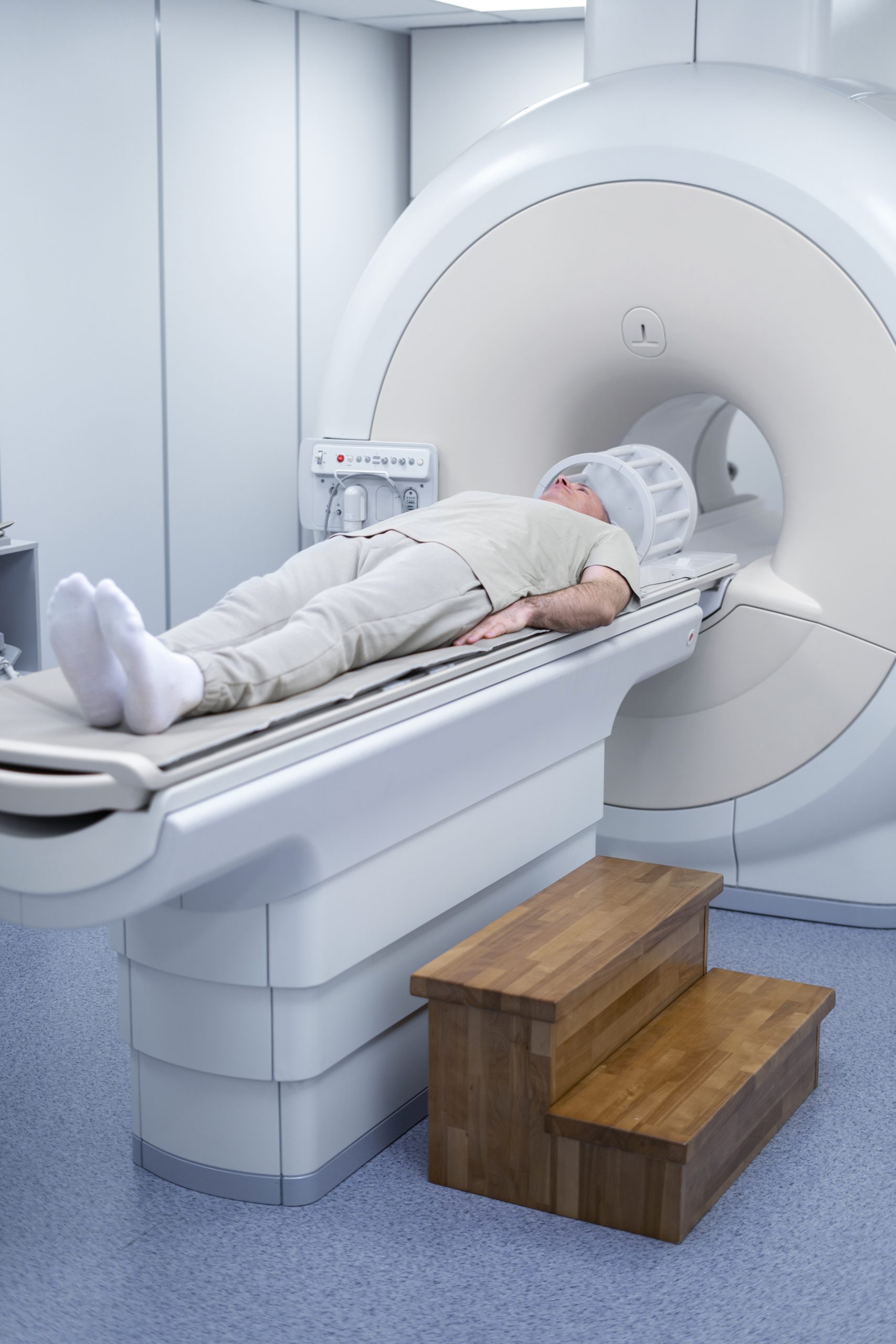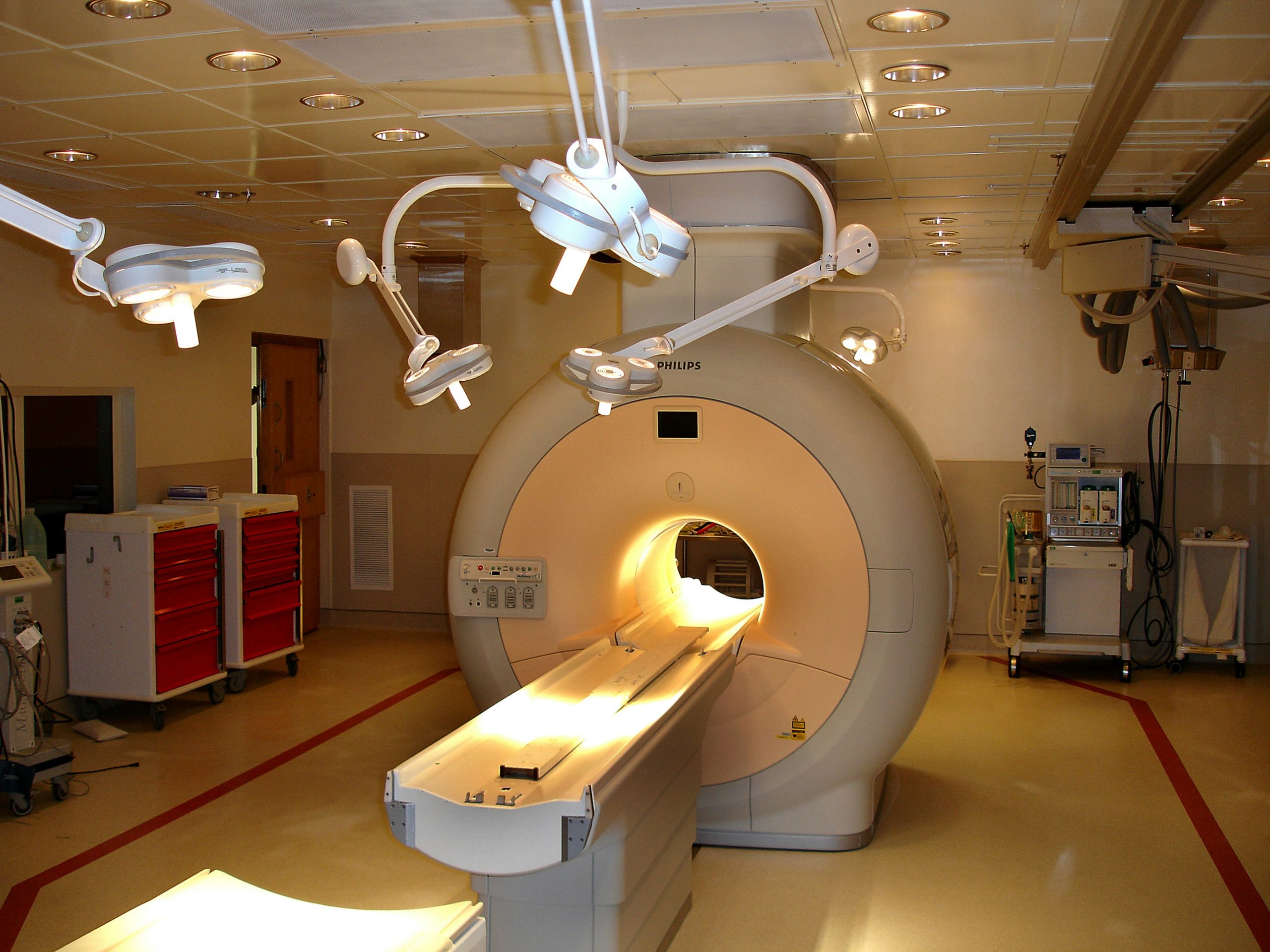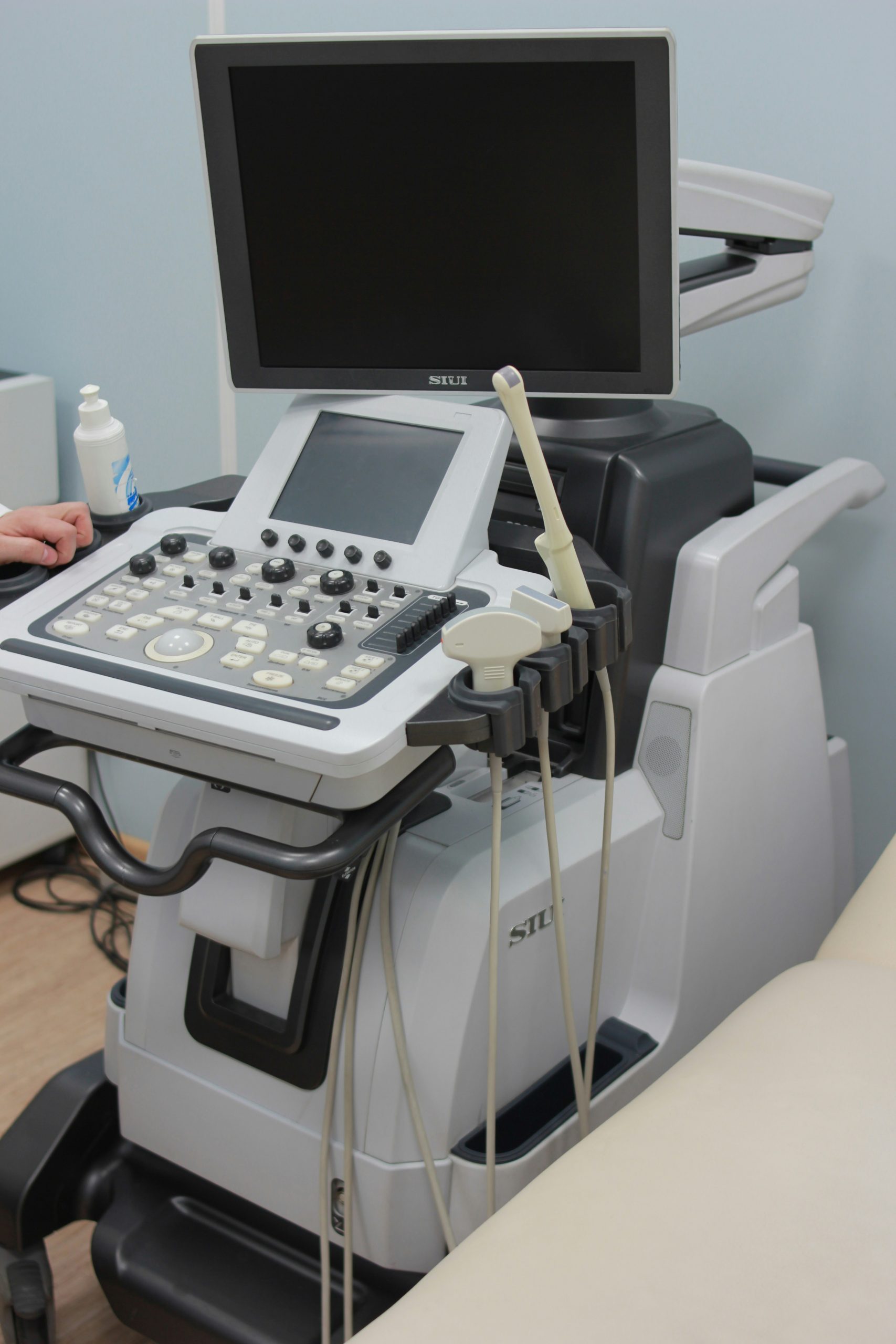Advanced Automation
Our lab is equipped with fully automated systems that streamline every stage of the diagnostic process — from sample collection to results reporting. This reduces manual errors, improves accuracy, and ensures the highest quality standards.





